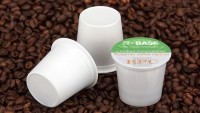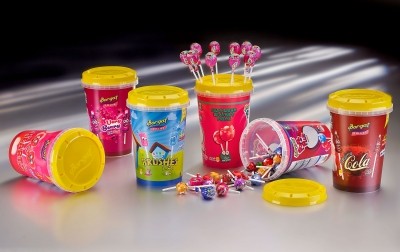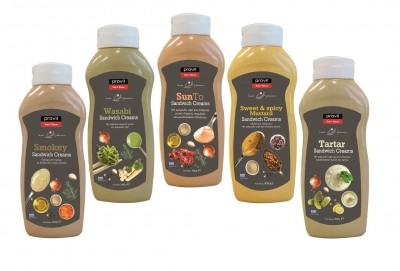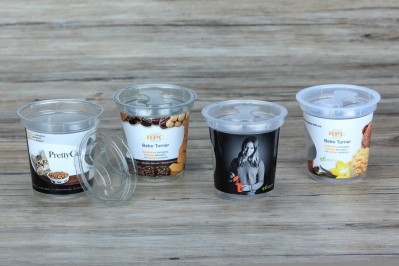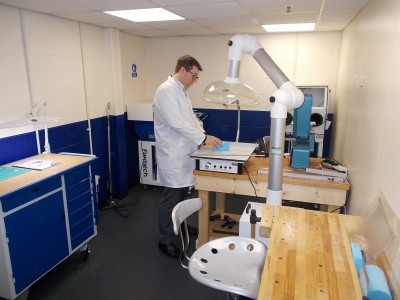RPC Group to acquire North American plastic packaging firm for £552m
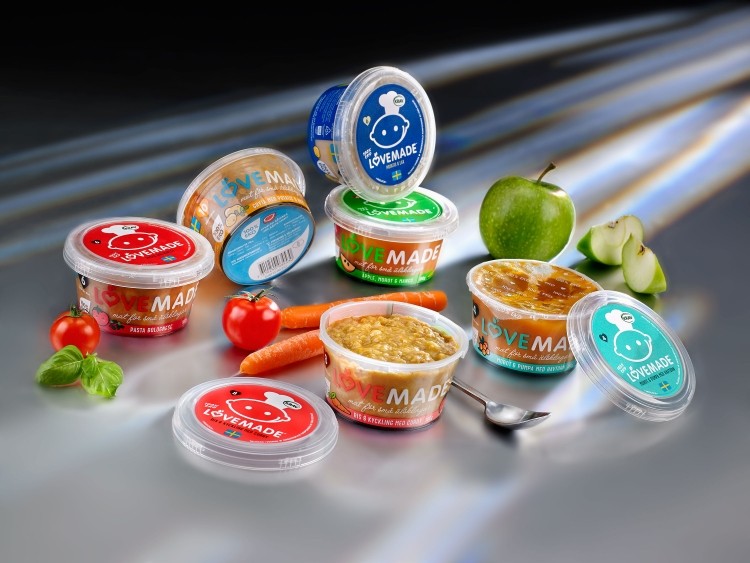
Letica, based in Michigan, US, operates production processes, including injection molding, thermoforming, paper forming and sheet extrusion, and has an in-house design center with printing, decorating and labeling capabilities.
Vision 2020 strategy
RPC claims the move is part of its Vision 2020 strategy to expand outside of Europe and is a platform for future growth investments in North America. Letica has 13 manufacturing facilities in 11 states in the US, employing approximately 1,750 people.
Speaking about the acquisition, Nick Mockett, head of Packaging M&A, Moorgate Capital, London, said the deal makes ‘perfect sense for RPC as there is a strong overlap with long established core markets in rigid plastic packaging’.
“As RPC has been a leading consolidator in those segments in Europe it is clear that North America offers further open turf to augment RPC’s existing presence there,” he added.
“This transaction, following the Multi Packaging Solutions West Rock announcement shows that UK/USA M&A is alive and kicking following the Brexit vote and election of Donald Trump.”
For the year ended June 30, 2016, Letica achieved revenues of $450m and adjusted EBITDA of $57m.
A division of RPC Superfos
Its president and CEO, Anton Letica, and VP, Operations and General Counsel, Mara Letica, have agreed to remain with the business until at least the end of the Letica Financial Period to manage the transition of certain commercial relationships.
Letica will operate as a standalone business unit within the RPC Superfos division going forward.
Since September 2016, RPC has acquired, or agreed to acquire, six companies for an aggregate enterprise value of approximately £460m ($576m).
The combined consideration for these acquisitions and the upfront consideration for Letica is approximately £850m ($1.06bn).
It recently announced RPC Bebo has developed a sustainable coffee capsule called Bebo B2nature, which features a multilayer sheet that incorporates an effective oxygen barrier to deliver a long ambient shelf-life.
Within 12 weeks of industrial composting only a minor amount of capsule material is left thanks to decomposition, which is assisted by the coffee itself, as it provides nutrients to the compost and improves the nature of the soil.
Save
